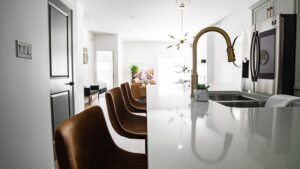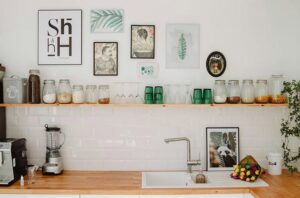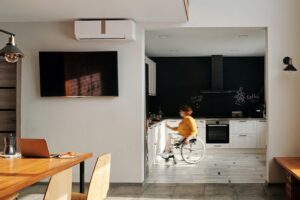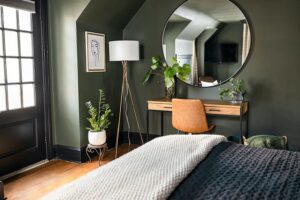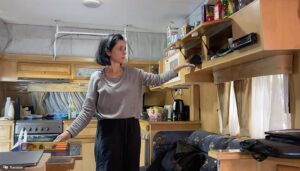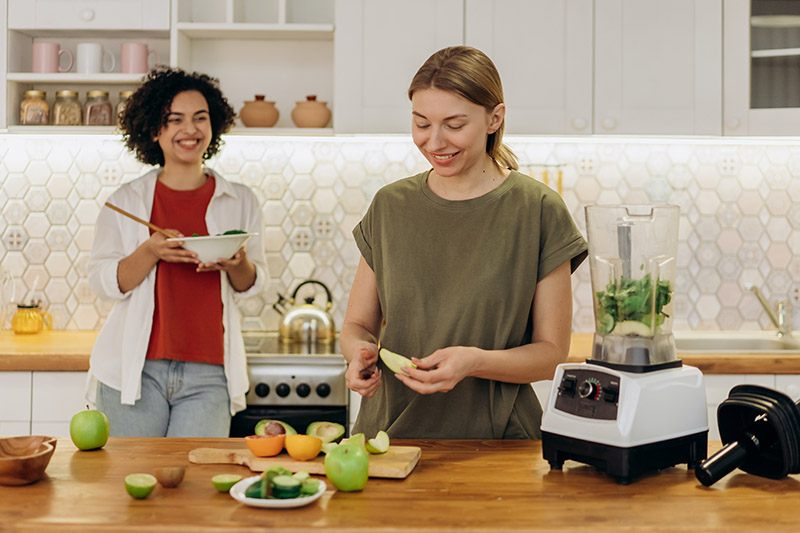
Sometimes we don’t even notice the micro frustrations that surround us at home.
Micro frustrations in the home – examples
- Stepping over piles of clutter to walk though the house.
- Moving piles of clutter off the dining table to eat a meal.
- Can’t watch the TV properly without moving the clutter in front of it.
- Leaning over clutter on the floor in front of the bathroom sink to wash your hands.
- Moving piles of clutter from one kitchen bench to the other, to prepare a meal.
- Pushing clothes from bed to floor to go to sleep.
- Unable to park your car in the garage due to clutter.
- Too embarrassed to have people over due to clutter.
- Having to watch where you walk because items are on the floor.
- Can’t find what you need and end up buying more.
- Balancing too many items in your kitchen cupboards and things get broken.
- Can’t find anything in your pantry so you avoid cooking.
- Not sure where your passport is, so the idea of travel is stressful.
- Can’t find things you know you own.
- Can’t find your car keys/shoes/jacket etc, so are often late.
- Drawers and cupboards don’t close.
Micro frustrations in the home – why?
Because we have too much stuff to maintain.
Because decluttering is hard and it seems impossible to make progress.
Because we are in survival mode, and can’t see the big picture.
Because we are busy, and spending an extra few minutes here and there is more achievable than assigning time to declutter.
Micro frustrations in the home – and then what?
Research has shown that women who perceive their homes to be cluttered tend to have unhealthy patterns of cortisol levels.
Often we try to get organised, and end up churning instead, which is an ongoing cycle of moving our junk around rather than simplifying our lives.
The clutter caused by too much stuff, is a constant reminder of unfinished business. No wonder we are all over-stressed and under-slept.
Maybe it’s time to get started properly decluttering. According to studies, reducing clutter is good for sleep, mental health, relationships and clarity of thought.
Your home should calm you down, not stress you out.



